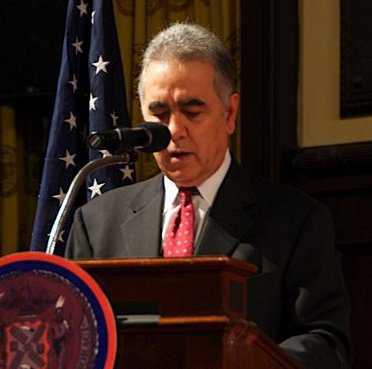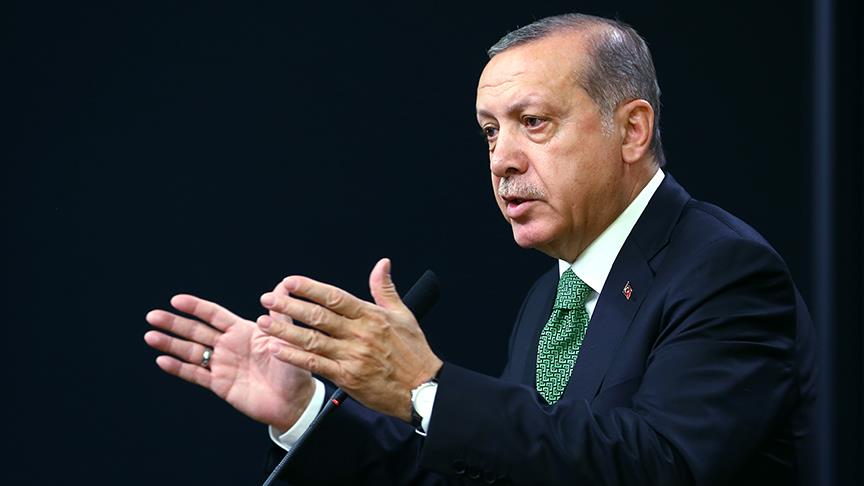Jewish Editor and Turkish Commentator
Protest Against Genocide Denial

Publisher, The California Courier
Armenians are understandably distressed when they encounter statements that distort or deny the facts of the Armenian Genocide, and feel comforted when it is properly acknowledged. While they are quick to castigate the deniers, they rarely take the time to recognize those who speak the truth.
These thoughts came to mind as I was reading two truthful and bold articles on the Armenian Genocide — the first by a Righteous Jew, editor of the Intermountain Jewish News of Denver, Colorado, and the second by a Righteous Turk, commentator Burak Bekdil of Hurriyet Daily News.
The editor of the Intermountain Jewish News did not mince words, starting with the headline: “All that lying about the Armenian Genocide did not help.” He then proceeded to launch a frontal attack on Jewish organizations and Israel’s leaders who have been playing immoral games with the Armenian Genocide, just to appease the Turkish government. Here are some excerpts from that powerful editorial:
“We could use the word ‘diplomacy’ or ‘politics’ or ‘ignorance’ or ‘objectivity’ or ‘fairness.’ In truth, there is only one word: lie. For many years, some national Jewish organizations lied about the Armenian genocide, perpetrated by the Ottoman Turks during WW I. These organizations said it didn’t happen, or that it was a matter of ‘historical dispute.’
“…On the grounds that Israel had to maintain good relations with Turkey, these national Jewish organizations — not to mention Israel herself — accepted Turkey’s denial of the Armenian genocide, or said it was ‘disputed.’ Good relations with Turkey could only be purchased by acceptance of Turkey’s lying about the Armenian genocide, we were told. It was disgraceful.
“…Lying about the Armenian genocide should not be part of the currency of Israeli — or American Jewish — diplomacy with Turkey. Israel and these national Jewish organizations should now see that, even pragmatically, the lying did not help. And morally? When it comes to genocide, diplomacy and politics have no place. There can be no denying, ignoring or low-prioritizing genocide. Israel and national Jewish organizations denied that principle — and this denial is now coming back to bite them.
“…Regarding genocide, posterity is enormously unkind. Today, even in Turkey the number of scholars who acknowledge the Armenian genocide is growing. Various counter-claims, denying the Armenian genocide, look ever more outlandish. Can you imagine anyone credibly claiming that the Warsaw Ghetto revolt in 1943 shows that the Holocaust was just a ‘civil war’ between the Jews and the Germans? That’s how ridiculous the ‘civil war’ characterization of the Turkish prosecution of the Armenian genocide is coming to look. Posterity, we repeat, treats genocide deniers very unkindly.
“…When bad people murder a whole population, good people must respond, as respond we must in Darfur today. When time passes and we look back on people who murdered a whole population, we must never allow that transcendent evil to be denied or downplayed because of diplomatic or political considerations. It’s wrong. And it won’t work.”
Liberal Turkish commentator Burak Bekdil’s article is just as powerful. Several years ago, he received a suspended 20-month sentence for writing an article that criticized the Turkish judiciary. Now, once again, Bekdil risks being thrown into jail, as article 301 of the Turkish penal code makes it a crime to refer to the Armenian Genocide.
In his commentary, Mr. Bekdil is boldly suggesting that the Turkish government make a list of all its past crimes, adopt a resolution in Parliament led by the AKP party, and issue an apology to the victims! He specifically mentions “The Armenian Genocide” among Turkey’s past Turkish crimes! Here is an excerpt from Bekdil’s daring article:
“First, let’s make a list of the Turkish atrocities of the past century. There is Dersim, of course. But for a start, I shall also propose the Armenian genocide; war crimes against Greeks during the War of Independence; pogroms and other violence against Greeks, Armenians and Jews during the earlier years of the Republic; the deaths of 40,000 Kurds as the only Turkish Nobel laureate once put it; and more Kurdish atrocities between 1984 to 2002. Of course, these sorrowful events can be multiplied endlessly and any other ideas are most welcome…. I would urge our pro-AKP liberals to pen a draft text in recognition of a full list of Turkish atrocities in the 20th century, decorated further with an official apology to the victims and their relatives.”
Armenian organizations should pay tribute to these two righteous men for daring to condemn their own leaders and expose their lies on the Armenian Genocide!









 WASHINGTON, DC –
WASHINGTON, DC –